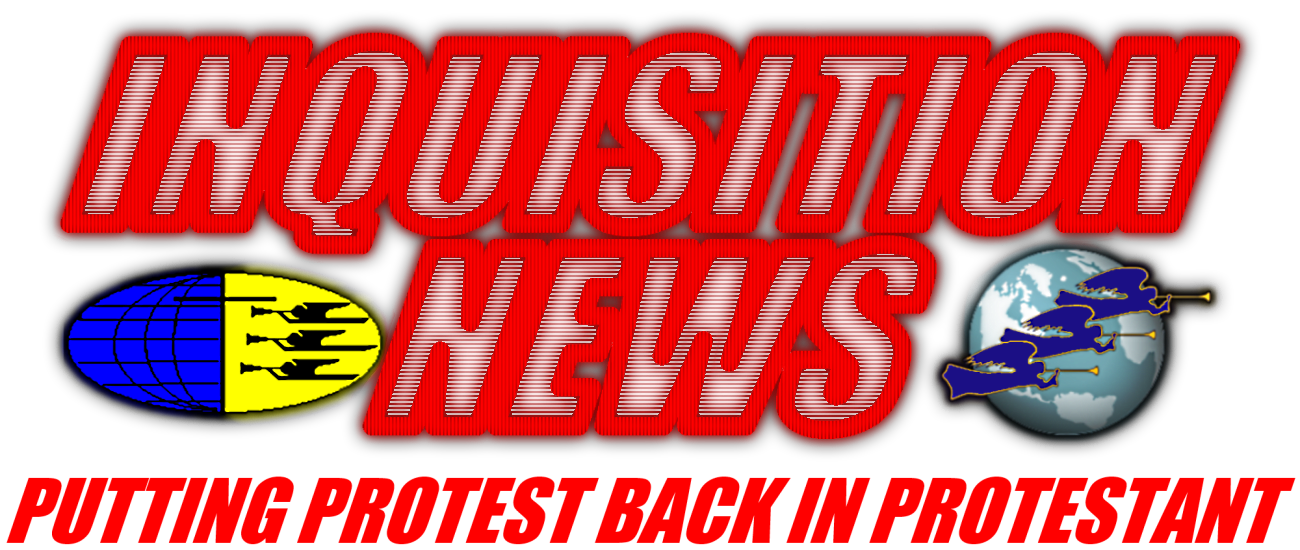The National Debt Clock, which displays the current United
States gross national debt and each American family's share, hangs on a
wall next to an office for the Internal Revenue Service near Times
Square in New York May 16, 2011.
Photo: Reuters In English
Photo: Reuters In English
The Internal Revenue Service may be weighing changes to how it polices tax-exempt political groups amid charges the tax agency has been lax on enforcement for a new breed of campaign funding organizations with vast resources.
Tax-exempt groups are raising and spending record amounts of money in attempting to sway the November 6 elections, bolstered by the Supreme Court's landmark "Citizens United" ruling in 2010, which lifted some political contribution limits in federal elections.
Consumer groups have been pushing the IRS to clarify the standards for these so-called "social welfare organizations," as Section 501(c)(4) of the U.S. tax code calls them, to ensure that they are not abusing their tax-exempt status.
"We will consider proposed changes in this area," Lois Lerner, director for tax-exempt groups at the IRS, said in a July 17 letter to public interest groups.
The significance of the letter is unclear, with one former IRS official in the tax-exempt division calling it a standard response.
"The standard practice is to send a formulaic letter," said Marc Owens, who led the IRS tax-exempt division from 1990 to 2000.
The Campaign Legal Center, one of the groups seeking IRS action, said the letter was a recognition of the problem after more than a year of silence.
"I've been referring to the IRS as a black box," said Paul Ryan, a lawyer at the Campaign Legal Center, one of the protesting groups. "We for years have been sending correspondence and have never received a single word back from the agency until now."
One of the biggest of these new groups is American Crossroads, co-founded by Republican strategist Karl Rove. Crossroads plans, with a sister organization, to raise $300 million to help defeat Democratic President Barack Obama.
Democrats, who also run 501(c)(4) groups, have been far less successful at fundraising. The Democrats' Priorities USA aims to raise just a fraction of the amount targeted by Rove's group.
DEFENSE?
The letter said the IRS would work with the Treasury Department and the IRS Office of Chief Counsel to "identify tax issues that should be addressed through regulations" and other means surrounding the issue.
The IRS tax-exempt division is "taking the heat for the state of the law," said Beth Kingsley, a tax-exempt lawyer at the firm of Harmon, Curran. "They don't really have the power to make changes and they may want to make that point."
The advocacy groups want a rule-making process to clarify the meaning of "social welfare" and how groups can meet the tax-exempt test.
The 501(c)(4) groups themselves argue that as long as the majority of their work is not overt political campaigning, they qualify for tax-exempt status.
In a potential show of new enforcement, the IRS denied tax-exempt status to two small political groups in recent months, prompting concern among the organizations that they could lose the ability to collect anonymous donations, tax attorneys say.
(Reporting By Kim Dixon and Patrick Temple-West; editing by Kevin Drawbaugh and Andre Grenon)
IRS Exemption Requirements - Section 501(c)(3) Organizations | ||
|
Page Last Reviewed or Updated: January 30, 2012
More on § 501 Tax Exemptions
USC › Title 26 › Subtitle A › Chapter 1 › Subchapter F › Part I › § 501
http://www.law.cornell.edu/uscode/text/26/501

No comments:
Post a Comment